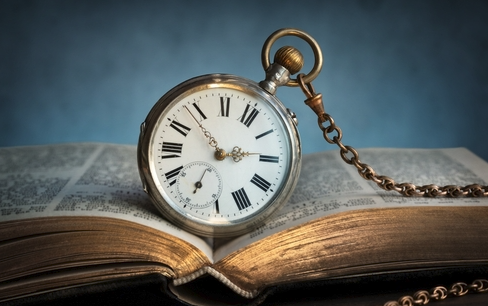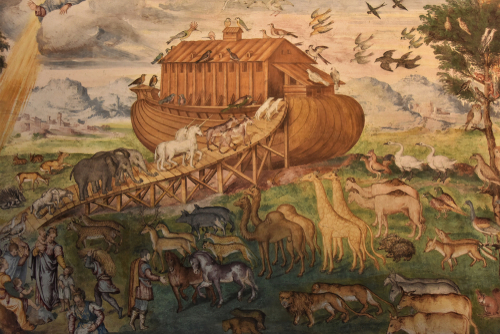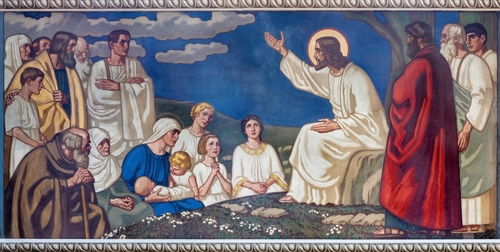There has been a recent rise in the number of people wanting to explore and embrace their Christian belief, as well as many more who are becoming interested in God's word.
Unsurprisingly, a great place to start is the Bible.
St. Andrew's is therefore very pleased to be able to offer a limited number of Bibles in varying forms, depending on reading ability. Please click on the following link to request yours:
How do you read the Bible?
This might sound like a strange question but it certainly isn't.

The majority of people will pick up the Bible for the first time and try to read from cover to cover like a novel. This can be quite a challenge as the Bible contains almost 800,000 words (which is about 200,000 more than War and Peace!) and is therefore not the recommended approach.
The Bible (meaning "books") is actually a collection of 66 smaller books, split into two main sections: the Old Testament and the New Testament.
We suggest begnning with sections which are of particular interest or are familiar to you. Perhaps this is the story of Noah's Ark, the exhile of the Jews into Babylon, or the story of Jesus' life? Wherever you start, you can follow the below steps:
- Get a brief overview of what the book is about. A quick google search will help here. Try the following link: Overviewbible.com
- Read the book, pausing from time to time to absorb what has been written
- Make notes as you feel necessary, to help remember particular sections or verses
- Have a break before starting another book (or re-reading the same one)
How long does it take to read the Bible?

As you can imagine it will take quite some time to read the entire Bible start to finish. Break it down into manageable chunks. The following link provides a great summary of how long it will take you to read each book of the Bible: Crossway.org
Breaking down the Bible
The Old Testament

The Old Testemant contains 39 individual books and covers the period before the birth of Jesus. These books are split into 4 general themes:
- Law: Genesis, Exodus, Leviticus, Numbers, Deuteronomy
- History: Joshua, Judges, Ruth, 1 & 2 Samuel, 1 & 2 Kings, 1 & 2 Chronicles, Ezra, Nehemiah, Esther.
- Poetry: Job, Psalms, Proverbs, Ecclesiastes, Song of Solomon.
- Prophecy: Isaiah, Jeremiah, Ezekiel, Daniel, plus the books of the twelve Minor Prophets.
The New Testament

Comprised of 27 books, this focuses on the birth, life, teachings, death and resurrection of Jesus, along with events in first century Christianity. This can also be broken down into 4 separate sections:
- Gospels: Matthew, Mark, Luke and John
- History of the Early Christian Church: Acts of the Apostles
- Letters: Romans, 1 Corinthians, 2 Corinthians, Galatians, Ephesians, Philippians, Colossians, 1 Thessalonians, 2 Thessalonians, 1 Timothy, 2 Timothy, Titus, Philemon, Hebrews, James, 1 Peter, 2 Peter, 1 John, 2 John, 3 John, Jude
- Prophecy: Revelation
Then what?
Once the Bible has been read, many people have an urge to dig deeper. There are a wealth of books on Christian history and theology, which will really broaden your knowledge and understanding, as well as help you understand the time and context in which it was written, along with the individuals who have contributed to the Christian faith over the last 2,000 years.
Alternatively, feel free to contact St. Andrew's Church or pop along to one of our services and arrange some time to speak with the priest, who will be happy to talk to you.
